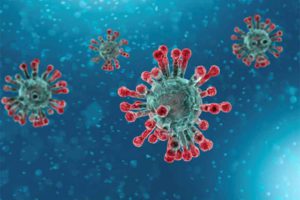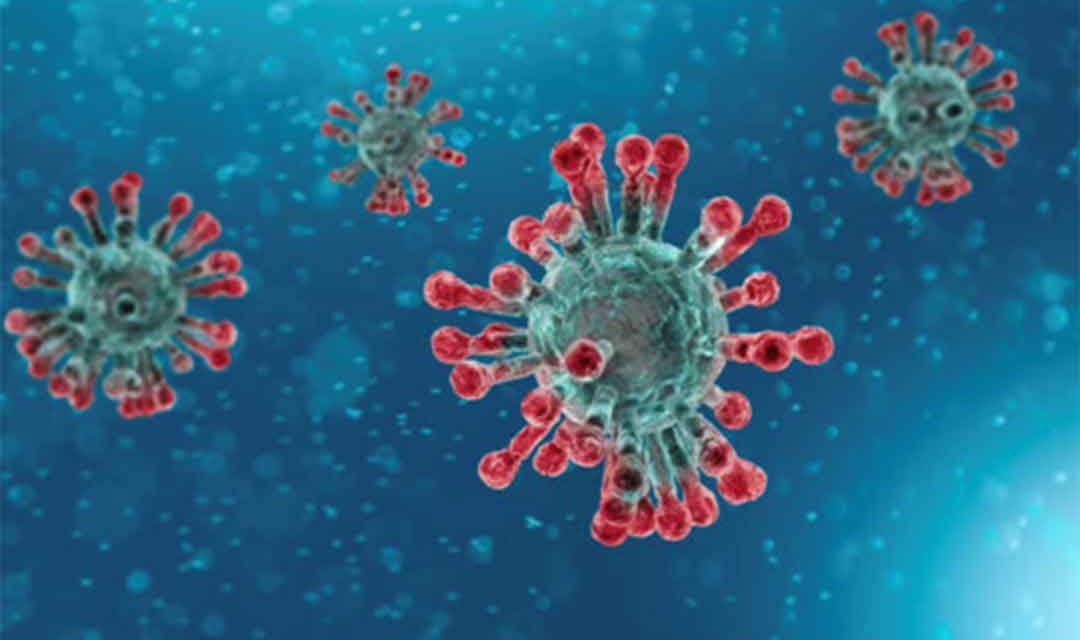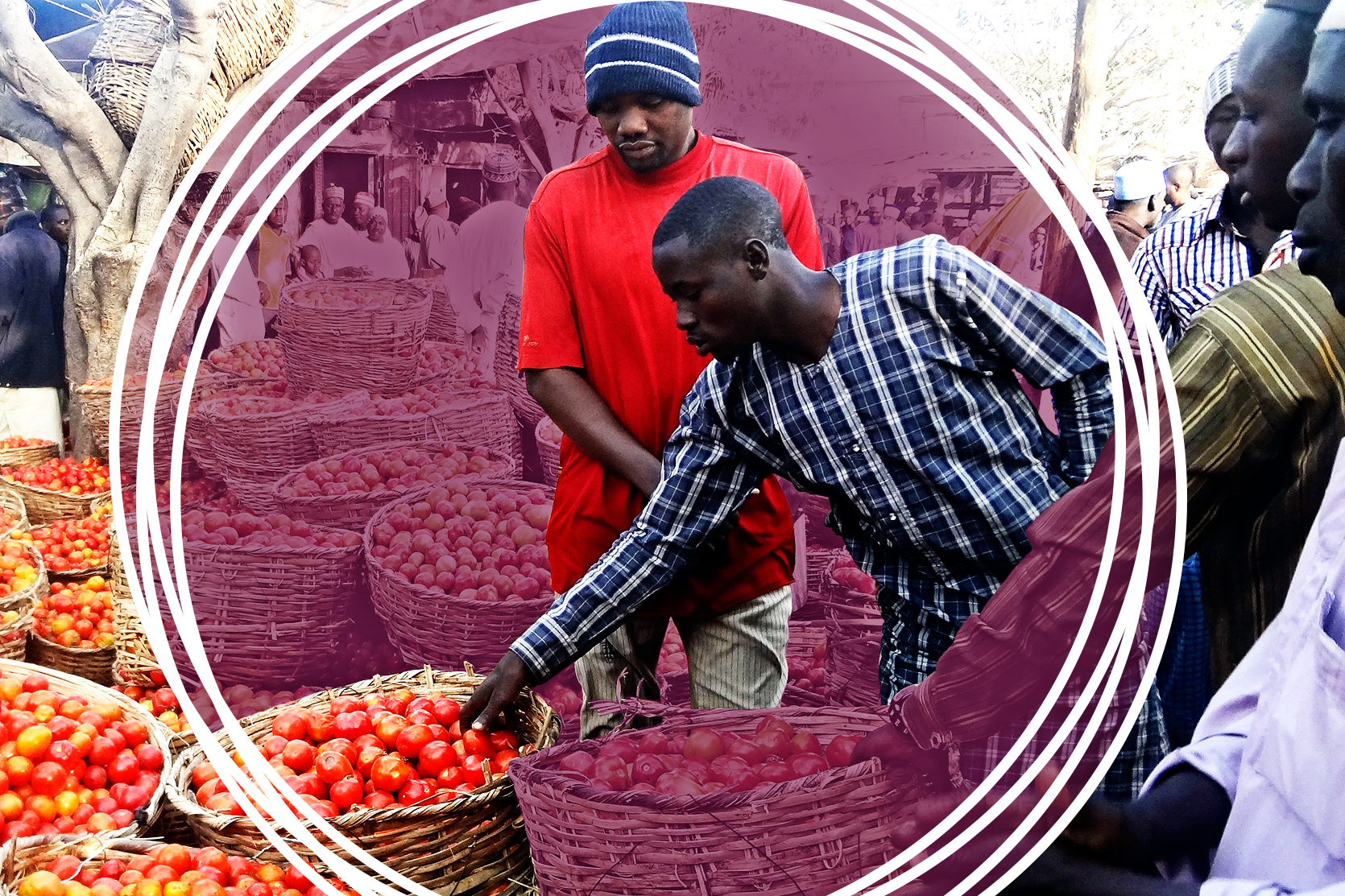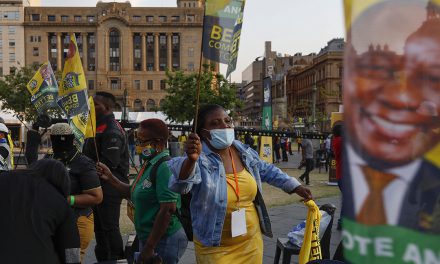A GGA RESPONSE
APRIL 2020
Establishing a risk profile of socio-economic vulnerability in South Africa during the COVID-19 pandemic using GGA survey data (2017-2019)
To assist with the emergency response to COVID-19, Good Governance Africa (GGA) has compiled a socio-economic profile of vulnerability of the average South African citizen encountered in our work, based on aggregated data from research that we have undertaken across nine municipalities in five of South Africa’s provinces over the past three years. The aim is to assist government, the private sector and civil society in formulating the best possible socio-economic relief for those whose livelihoods will be most impacted by the lockdown and afterwards. Since the South African government announced the extension of the lockdown, which was deemed necessary to contain the spread of the disease, identify hotspots and “get ahead of the curve”, the economic consequences for all, but particularly the country’s poorest, have become clear.The lived reality of many South Africans who reside in informal settlements means that they are unable to isolate and adhere to quarantine measures. Also, small businesses and informal traders will be unable to operate as they did before the lockdown.
The government has announced an extensive programme of fiscal relief to compensate businesses and individuals for loss of revenue and income over this period and beyond. However, the Department of Small Business Development has said that informal traders would only qualify for relief if they registered with the department and the businesses must be South African-owned. This means that some three million informal workers are likely to fall through the net. As we resume economic activity, there is much uncertainty and fear. Like many African countries, and unlike countries such as Italy hit hard by COVID-19, South Africa has a youthful population. GGA’s research reveals high unemployment across the 18-39 age group, with 18-29-year-olds likely to be dependent on their parents and the elderly for support. Self-employment is high among the middle-age groups. Those individuals are particularly vulnerable to the socio-economic effects of the pandemic because they are not allowed to trade during the lockdown. Women, in particular, are at heightened risk.
Our research suggests that young to middle-aged individuals, especially females, seem to be most at risk of the economic shocks caused by the lockdown and will likely be the first to feel the future impact of the pandemic on the country’s economy. The overwhelming majority of our sample lives on an income of less than R2,299 a month, many of whom are self-employed and unable to operate under the strict lockdown measures. Income grants among the sample are not high, thus many of the participants are not receiving wages if they are unable to work. It is evident from our research that immediate and ongoing support must be provided to those whose livelihoods have been decimated, but who are not recognised in the “formal economy” sector or who fall through the safety net of social grants. In solidarity with the country, GGA is ready, able and willing to offer pro bono support to government, the private sector and civic organisations in this critical “whole of society” response. Read more here: COVID -19 GGA Outcome Doc








